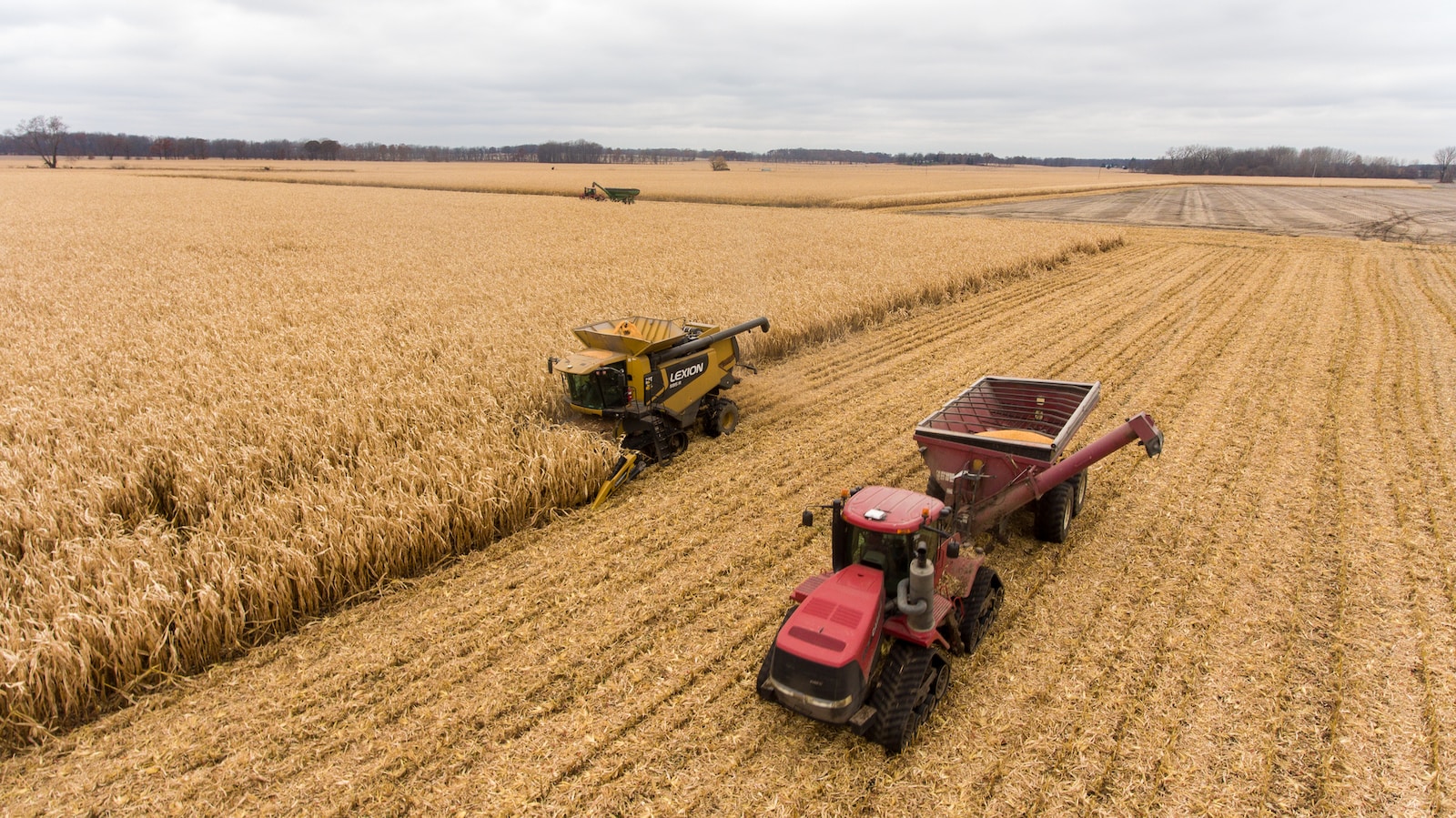Today, technology is revolutionizing the way we produce food. Agriculture is no exception, as technological advancements have enabled farmers to increase their yield, reduce their environmental impact, and become more efficient. From smart farms to vertical gardening, automation technology to data analysis, precision agriculture to sustainable farming, technological revolutions in agriculture offer a wide range of opportunities for farmers to improve their yields and sustainability.
Smart Farms
Smart farms are a new type of agricultural system that uses a range of sensors, computers, and other advanced technologies to monitor and manage crops, livestock, and other farm operations. Smart farms use data from sensors to generate real-time information about the environment and the crops, which allows farmers to make decisions about when to irrigate, fertilize, and harvest their crops. Smart farms also reduce labor costs by automating many of the processes involved in farming.
Vertical Gardening
Vertical gardening is a type of agriculture that uses vertical space to grow crops, rather than the traditional horizontal space. Vertical gardening can be used to grow food in urban areas, where space is limited, or to maximize the yield of a given area of land. Vertical gardening systems are usually constructed using vertical support structures, such as trellises or frames, and often include irrigation and nutrient delivery systems.
Automation Technology
Automation technology is used to automate certain processes in agriculture, such as planting, harvesting, and irrigation. Automation technology can be used to reduce labor costs and increase efficiency, as well as to improve the quality of the produce. Automation technology can also be used to monitor crops and soil conditions in order to optimize yields and reduce the need for manual labor.
Data Analysis
Data analysis is used to analyze the data collected from sensors on smart farms and other farming operations. The data can be used to identify trends and patterns in crop yields, soil conditions, and other factors that affect the productivity of the farm. By using data analysis, farmers can identify areas for improvement and make informed decisions about when to irrigate, fertilize, and harvest their crops.
Precision Agriculture
Precision agriculture is a type of farming that uses technology to improve the accuracy of crop production decisions. Precision agriculture uses a variety of sensors, computers, and other advanced technologies to monitor and manage crops, soil conditions, and other farm operations. This allows farmers to make informed decisions about when to irrigate, fertilize, and harvest their crops, resulting in higher yields and improved sustainability.
Sustainable Farming
Sustainable farming is a type of agriculture that focuses on minimizing the environmental impact of farming practices. Sustainable farming practices include the use of renewable energy sources, the use of organic fertilizers and pesticides, and the use of cover crops to reduce soil erosion. Sustainable farming also focuses on improving soil health and water conservation, as well as reducing the use of chemical fertilizers and pesticides.
Technological revolutions in agriculture offer a wide range of opportunities for farmers to increase their yields and reduce their environmental impact. From smart farms to vertical gardening, automation technology to data analysis, precision agriculture to sustainable farming, technological advances are transforming the way we produce food.
